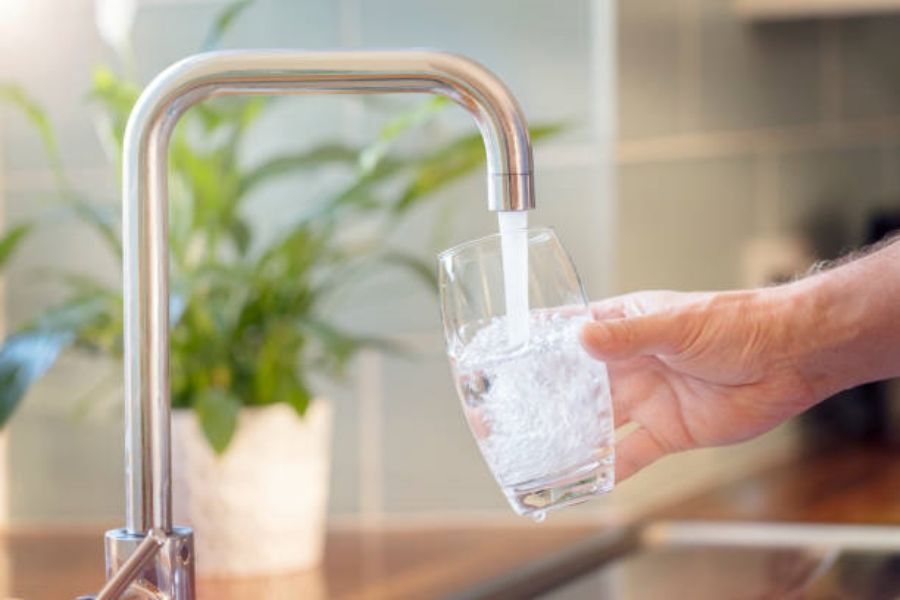Introduction:
Having clean and safe drinking water is essential for maintaining good health. However, tap water may contain impurities and contaminants that can affect its taste and quality. A water filter for faucet with hose is a convenient and effective solution to ensure the water you consume is pure and free from harmful substances. In this comprehensive guide, we will explore the different aspects of water filters for faucets with hoses and help you make an informed decision when choosing the right one for your needs.
1. Understanding Water Contaminants:
Before diving into the world of water filters, it's crucial to understand the common contaminants found in tap water. These can include chlorine, lead, bacteria, pesticides, and many others. Each water source may have different contaminants, so it's essential to identify the specific impurities you want to eliminate with a water filter for your faucet with hose.
2. Types of Water Filters:
There are various types of water filters available in the market, each offering unique filtration methods. Some common types include activated carbon filters, reverse osmosis filters, ceramic filters, and UV filters. Activated carbon filters are particularly effective in removing chlorine, bad taste, and odor from water, making them a popular choice for faucet filters with hoses.
3. Installation and Compatibility:
When choosing a water filter for your faucet with hose, it's essential to consider its installation process and compatibility with your existing faucet. Most faucet filters are designed to be easily installed without the need for additional tools or professional assistance. However, it's crucial to ensure that the filter you choose is compatible with your faucet's size and threading.
4. Filter Lifespan and Replacement:
Water filters have a limited lifespan and require periodic replacement to maintain their effectiveness. The lifespan of a filter depends on various factors, including the water quality and usage. It's recommended to choose a filter that offers a long lifespan and easy replacement process. Additionally, consider the availability and cost of replacement filters to ensure you can maintain clean water in the long run.
5. Flow Rate and Water Pressure:
Flow rate and water pressure are essential factors to consider when selecting a water filter for your faucet with hose. While some filters may provide excellent filtration, they can significantly decrease the water flow rate, making it inconvenient for everyday use. Look for a filter that offers a balance between filtration efficiency and sufficient water flow rate to cater to your needs.
6. Certification and Standards:
When purchasing a water filter, it's crucial to look for certifications and compliance with industry standards. The most recognized certifications for water filters include NSF International and the Water Quality Association (WQA). These certifications ensure that the filter has undergone rigorous testing and meets the necessary standards for contaminant removal.
7. Additional Features:
Some water filters for faucets with hoses come with additional features that enhance their functionality. These can include built-in indicators to remind you when to replace the filter, multiple filtration stages for thorough purification, or even a switch to toggle between filtered and unfiltered water. Consider your specific requirements and priorities to determine which additional features are important for you.
8. Maintenance and Cleaning:
Regular maintenance and cleaning are essential for the optimal performance of your water filter. Some filters may require more frequent cleaning, while others offer self-cleaning mechanisms. Consider your lifestyle and the time you can dedicate to filter maintenance when choosing the right water filter for your faucet with hose.
9. Cost and Budget:
Water filters for faucets with hoses are available at various price points. It's important to set a budget and determine how much you are willing to invest in a quality filter. While cheaper options may seem attractive, they may not provide the same level of filtration and longevity as higher-end filters. Consider the long-term cost of replacement filters and compare it with the initial investment to make an informed decision.
10. Customer Reviews and Recommendations:
Lastly, before making a final decision, it's helpful to read customer reviews and recommendations for the water filter you are considering. Real-life experiences can provide valuable insights into the filter's performance, durability, and customer satisfaction. Look for reputable sources and consider the overall consensus before making your purchase.

